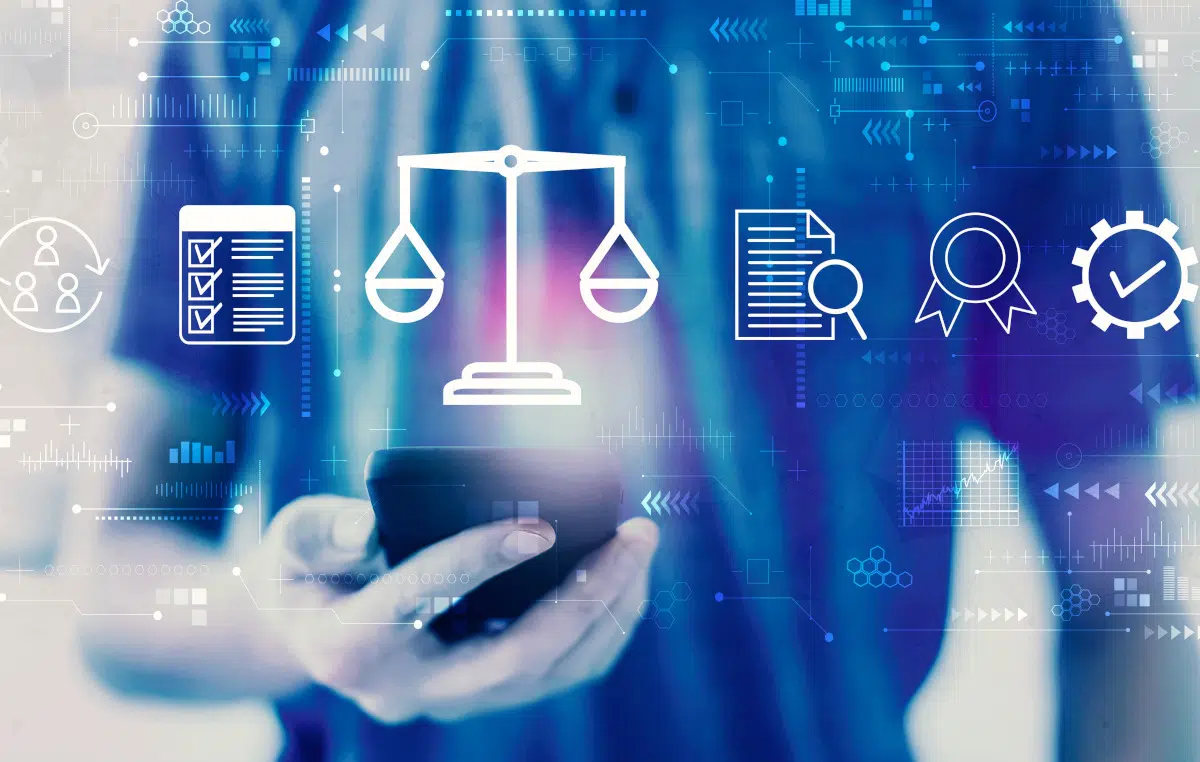Whilst technological developments have led to the evolution and advancement of many facets of our lives, including the ability to create a ‘digital footprint’, they have also resulted in a unique challenge in the ability of these assets to be managed by others, either because of incapacity or death.
Cryptocurrencies and social media accounts are changing the way in which we operate, and with these developments comes the need to modify how assets are dealt with as a part of the estate planning process.
We are seeing a shift from assets being centrally regulated through paper-based titles and deeds, to those held on a purely electronic platform. Whilst the anonymity of cryptocurrency is often appealing, the thought of dealing with these after the owner is no longer able to is not.
The keys to access these assets are often stored on digital wallets or electronic devices, or in some case, reliant on the owner’s memory. However, if this information is not available to the legal personal representative or attorney who is dealing with a person’s affairs, then there is a very real risk that these assets will have no value to the estate if the assets cannot be accessed.
Given the wide-reaching nature of technology, many of these assets are held on servers or platforms in foreign jurisdictions and there is no overarching legislation which guarantees the release of these assets to a person’s legal personal representative or attorney.
Where digital assets are held, it is imperative as a part of an estate plan that consideration is given to how these assets can be accessed and dealt with on death or incapacity. This will include having a secure record of digital accounts and access details to such accounts – information which can only be accessed when death or incapacity arise.
Given that the concept of digital assets is still a relatively recent method of holding assets, it is important that any estate planning documents specifically deal with these assets if they are held. This may include providing specific authority to an executor and/or an attorney to deal with these assets and ensuring that the nature of the assets is adequately defined. The failure to do so, may result in complexities in the ability of a third party to deal with these digital assets, where necessary. It is also important to consider whether the person who is being given the authority to deal with these assets has the understanding to do so.
As our lives continue to develop and evolve, it is fundamental to ensure that the estate plan that we put in place is regularly reviewed and adapted to ensure whether it meets our needs and circumstances.
Emma Nisbet, Special Counsel



